Am I A Rescuer?
When you have a loved one who continues to fall prey to the trap of addictive substances and behaviors, you may have made the rounds of the treatment center blogs, only to hear of terms like “codependency” and the idea of a “family addiction” and may find yourself wondering if these terms apply to you.
For yourself or others, you may be more familiar with being called the hero of the family, or the one that holds it all together. In essence this is what a rescuer is perceived as by others, and what they often also opt to view themselves as. Whether they prefer the term, “The Hero”, “The One with the Answers”, “The Carer”, or “The Nurturer”, their core values and actions dictate a world where they are responsible for the happiness and well-being of others, and they take their mission seriously.
If your gut reaction is to have five solutions in mind to a problem that is yet to be voiced and pride yourself on putting a casserole in the oven at the faintest sound of someone saying, “I need…”, you may just be a rescuer. From a clinical perspective, this label is earned when your primary sense of connection and self-worth depends on how you help and/or meet others’ needs.
An easy way to think about being a rescuer is like a two-sided coin:
The Shiny Side of the Rescuing Coin
On the shiny or “healthier” side, being the rescuer is less about rescuing and more about having a balance between helping and recognizing the benefit of other’s learning and living through experiences. When those of us with the propensity to have the casserole in the oven before the friend even says, “I need food” are functioning at our best, we first let that friend communicate their hunger (their need) then either offer our help or remind ourselves (take time for personal reflection) that our friend is likely fully capable of acquiring sustenance without our overbearing checks to ensure that they are okay.
If you aren’t quite sure if your rescuing is healthy ask yourself this:
● Can I take time for myself, and say no when necessary?
● Can I recognize when my “rescuing” would do more to hurt me or my loved ones than help?
If the answers to these questions is yes, then you my friend are likely a rescuer with healthy boundaries. If you answered no to these questions, there is no shame, read on and see if you relate.
The Dingy Side of the Rescuing Coin
In its negative connotation, the role of rescuer is synonymous with being overbearing, overprotective, or perhaps even smothering to others. Internally, in its unhealthy form, rescuing leads to burnout, frustration, weariness, and feeling as though almost every relationship becomes one sided. These next questions or statements may help you understand if your “rescuing” is no longer a strength to be proud of, but rather an area of needed growth.
● Do I more often than not place the “needs” of others above my own to the detriment of my health: physically, mentally, or emotionally?
● Do others say “I don’t want you to fix it, I just need you to listen?”
● Do your relationships with family or friends often seem one sided?
If your answer to these questions was yes, then you are likely taking up the rescuing gauntlet at your own expense. The trouble with taking up that gauntlet, and being on the dingy side of rescuing, is that it often leads to illness in yourself and resentment, bitterness and dependency in your relationships.
In your effort to rescue others, often you are causing damage to your health and not allowing others to learn from their life experiences. In effect, the very people you love are either allowing you to do the critical life task of problem-solving for them, or you are insisting on doing so for them because your own anxiety will not allow you to see them fail.
A common pattern of relationships for the rescuer is known as codependence. While it takes two to tango, as the rescuer in a codependent relationship, your self-worth often stems from the ability to help loved ones. You may otherwise feel lost and directionless. Whether your rescuing nature stems from codependence or not, neither yourself nor your loved one will grow and flourish if this pattern persists.
As you start to recognize these patterns in yourself, and in your relationships, you will gain insight. If you would like to use that insight to flip that coin to the shiny side you are taking steps towards readiness for change, and clearing the path for your loved one to do the same. Learning to operate in your life in new ways, avoid rescuing, and derail codependent patterns is not an easy task. Contact us today to learn more about how we can be supportive to you and your family throughout this process.


